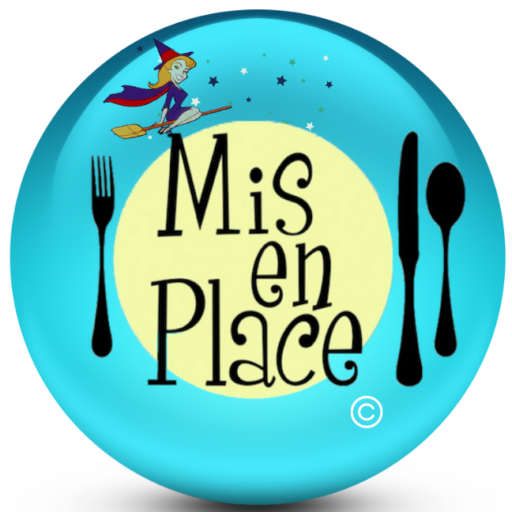The employment landscape has witnessed a significant shift in recent years, with freelancing gaining traction across various industries. The hospitality sector, known for its dynamic and ever-evolving nature, has also seen an influx of freelancers contributing their expertise. This report explores freelancing within the hospitality industry, outlining its advantages and disadvantages and providing guidance on how to embark on this entrepreneurial journey.
Advantages of Freelancing in the Hospitality Industry
- Flexibility and Autonomy:
Freelancers in the hospitality industry enjoy unparalleled flexibility in setting their schedules and choosing projects. They can pick assignments that align with their skills, interests, and availability. This flexibility allows individuals to maintain a work-life balance, a highly sought-after feature in the industry.
- Diverse Work Opportunities:
The hospitality industry encompasses various sectors, including event planning, catering, tourism, and more. Freelancers can explore diverse roles and projects, enabling them to diversify their skill sets and experience different facets of the industry.
- Enhanced Creativity and Innovation:
Working independently in the hospitality sector encourages freelancers to think creatively and innovatively. They can bring fresh perspectives to projects, driving innovation and offering unique solutions to clients’ needs, fostering a competitive edge.
- Potential for Higher Earnings:
Freelancers often have the potential to earn more than traditional employees due to the flexibility of setting rates, taking on multiple projects simultaneously, and building a robust client base. Moreover, successful freelancers can leverage their expertise to command premium fees for their services.
Disadvantages of Freelancing in the Hospitality Industry
- Inconsistent Income:
One of the primary challenges freelancers face in hospitality is income variability. Project availability and seasonality fluctuations can lead to inconsistent earnings, requiring careful financial planning and management.
- Lack of Job Security and Benefits:
Freelancers do not enjoy the stability and benefits (such as health insurance, retirement plans, or paid leave) that traditional employees receive. They must secure their insurance coverage and save for retirement, which adds to their financial responsibilities.
- Competitive Market:
The hospitality industry attracts a vast pool of freelancers, intensifying competition for projects and clients. Establishing a distinct niche and building a solid professional network is crucial to stand out in this competitive landscape.
- Administrative Responsibilities:
Freelancers in hospitality often handle administrative tasks such as invoicing, client management, and marketing. Balancing these responsibilities alongside project delivery can be challenging and requires adept multitasking skills.
How to Get Started in Freelancing within the Hospitality Industry
- Identify Your Niche and Skills:
Assess your strengths, interests, and expertise in the hospitality sector. Determine the niche or specific services you excel in, such as event planning, culinary arts, hotel management, or tourism.
- Build a Strong Portfolio:
Create a portfolio showcasing your previous work, projects, and achievements. Highlighting successful collaborations and demonstrating your capabilities will attract potential clients and establish credibility.
- Network and Market Yourself:
Utilize online platforms, social media, and industry events to network with professionals in the hospitality sector. Engage in networking activities to expand your connections and increase visibility within the industry.
- Set Clear Business Goals:
Define your business objectives, pricing strategies, and target clientele. Develop a business plan outlining your goals, financial projections, and marketing strategies to guide your freelancing journey.
- Establish Professionalism and Deliver Quality Service:
Maintain professionalism in all interactions with clients and deliver high-quality service consistently. Positive referrals and testimonials can significantly contribute to expanding your client base.
Conclusion
Freelancing in the hospitality industry offers many opportunities for individuals seeking independence, creativity, and diverse work experiences. However, it comes with challenges, requiring meticulous planning, perseverance, and adaptability. By identifying one’s strengths, building a solid network, and delivering exceptional service, freelancers can carve a successful path in this dynamic and competitive landscape.


Recent Comments